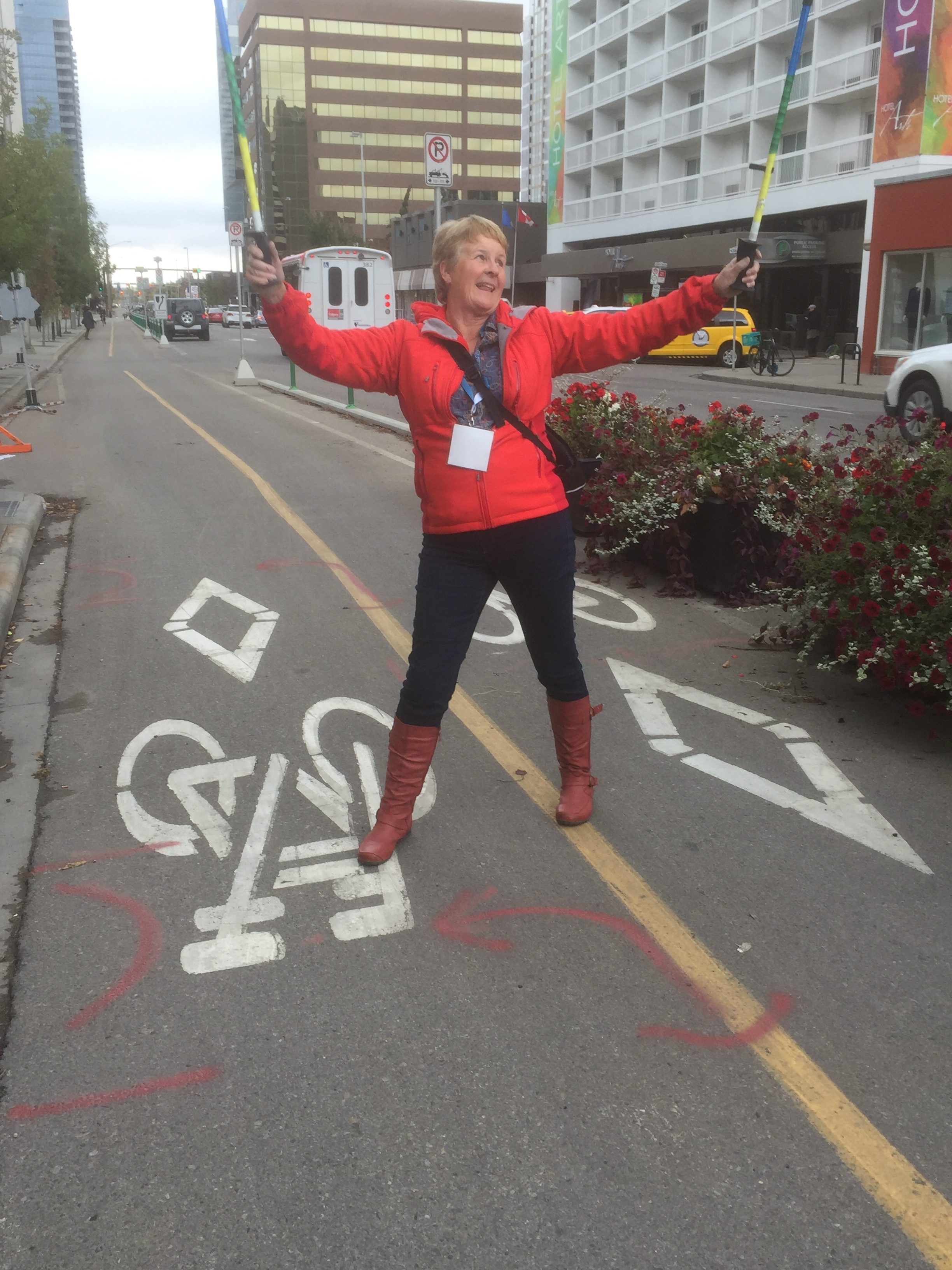
Britain’s National Institute for Health and Care Excellence(with the wonderful initials of NICE) have drafted guidelines for planners and British municipalities to prioritize pedestrians, cyclists and transit over cars. In Metro Vancouver there is no pedestrian plan for the City of Vancouver, and for the City of Delta pedestrians are barely mentioned in the Transportation plan. A clear set of national guidelines in Canada would be helpful to create “safe, attractive and designed” roads that give people other options besides driving. Happily Britain’s Department of Transport supports the policies and understands that increasing walking and cycling prevents chronic diseases including diabetes and depression.
NICE has made the connection that well designed transportation systems coupled with walkable accessible built environments can keep people fit and active, which benefits the individual and the universal health care system. Designing for safety and security when walking or cycling is key, as well as for the most vulnerable users who may have limited mobility.
The design guidelines include:
“Pavements should feature bumps, grooves and anti-glare surfaces to help those with visual impairments,Ensuring new and refurbished footways, footpaths and cycle routes link to existing routes
Widening footways and introducing cycle lanes
Introducing traffic-calming schemes to restrict vehicle speeds
Paying more attention to public transport in rural areas where services may be limited
Improving public transport to parks and other green spaces.”
In response to how to encourage accessible movement in existing cities, the BBC has included a video of the “Bella Mossa” program in Bologna Italy. Translating as “Good Job”, this program runs for six months of the year and partners with one hundred local businesses to provide active transportation users with vouchers for items earned through a point system. GPS trackers are used to ensure that there is no cheating for the program and it has been extremely popular, as shown in the YouTube video below.
Connecting walking and cycling with local businesses and commercial areas promotes sociability, connection, and placemaking. Funded by European Horizon 2020 Program, Bella Mossa reduces vehicle use and auto emissions. In its first six months the program recorded over one million activities with 22,000 people taking part in the program.

